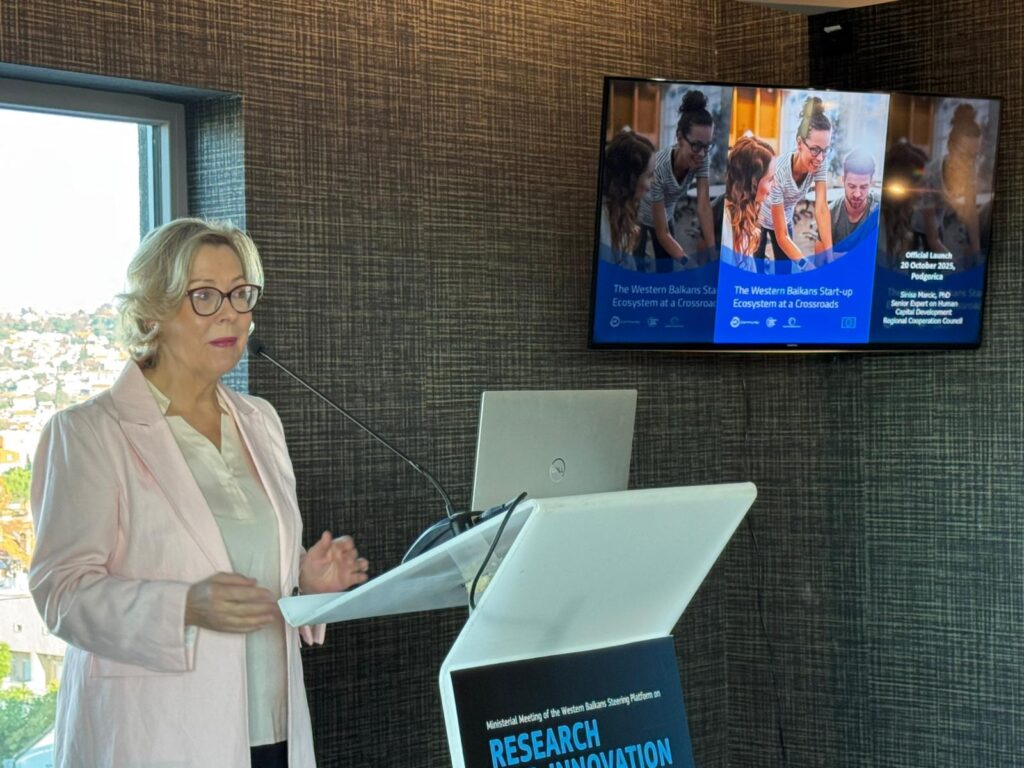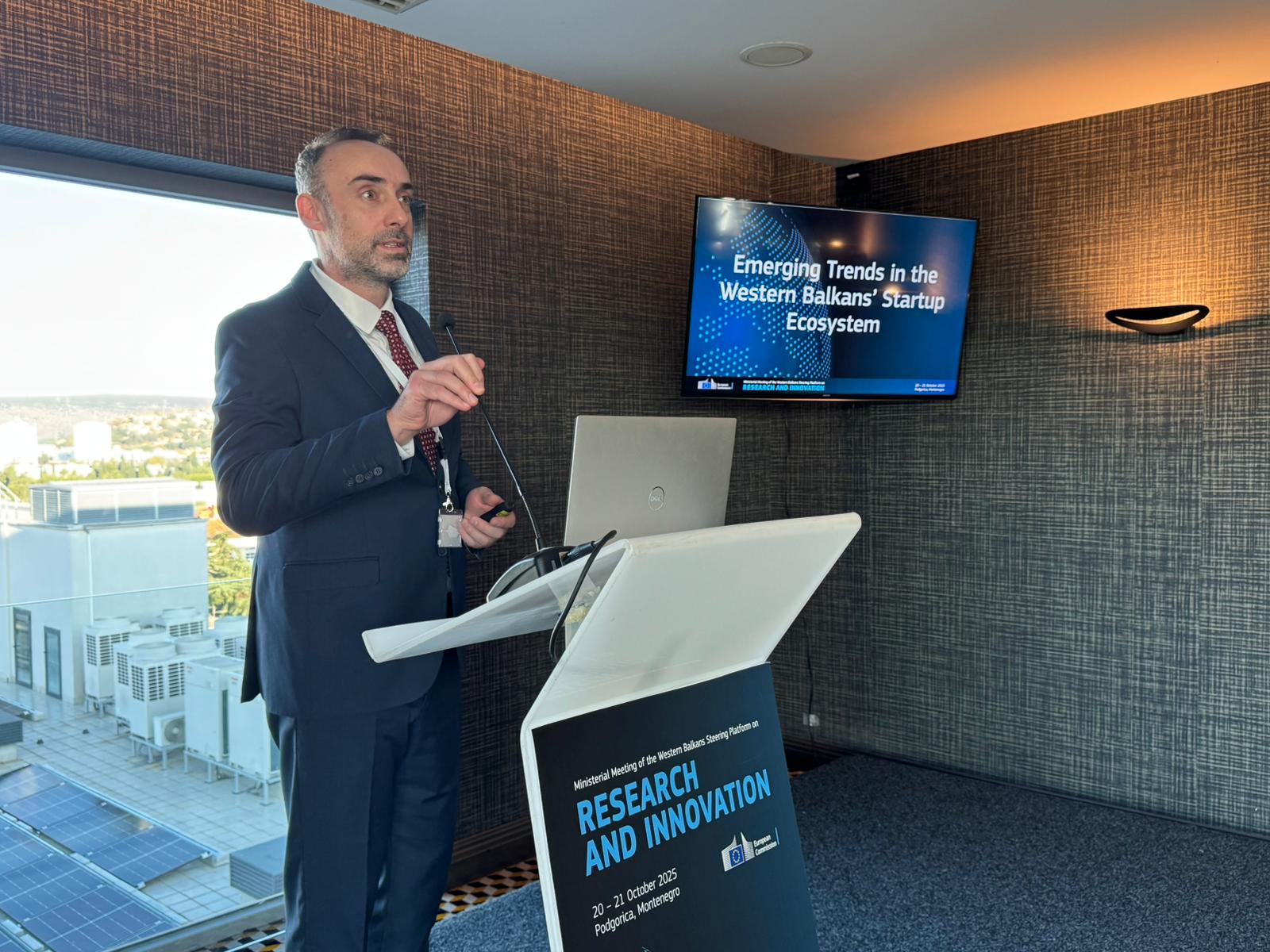A new study mapping the Western Balkans start-up ecosystem was presented at the Ministerial Meeting of the Western Balkans Steering Platform on Research and Innovation. The event featured the official launch of the report “The Western Balkans Start-up Ecosystem at a Crossroads”, developed by the Regional Cooperation Council (RCC), the European Institute of Innovation and Technology (EIT), and the Enterprise Europe Network (EEN).
The study offers the first comprehensive regional overview of the start-up landscape across the six Western Balkan economies (WB6), analysing the sector’s key strengths, emerging trends, and structural challenges.

According to the findings, the region’s ICT sector employs around 150,000 people, contributing roughly 2% to GDP. However, start-ups secured just €29.5 million in total funding in 2024, a modest figure compared to neighbouring EU Member States. The report identifies limited private investment, fragmented regulatory frameworks, and brain drain as the main barriers to scaling innovation in the region.
RCC Secretary General Amer Kapetanović highlighted that while the region is rich in entrepreneurial talent, stronger support systems are needed to sustain growth. He announced the upcoming Regional Innovation for Start-ups Excellence (RISE) initiative, a programme designed to connect innovators with mentors, strengthen entrepreneurial skills, and offer targeted early-stage funding.

“Our region’s start-up ecosystem is full of energy, but it still lacks structured support for sustainable growth. RISE will help innovative teams move from concept to market-ready product, and we hope governments across the region will join us in making it a reality,” said Kapetanović.

Signe Ratso, Deputy Director-General at the European Commission’s DG for Research and Innovation, emphasised the study’s collaborative nature:
“This report reflects the combined expertise of EIT, RCC, and EEN, strengthening innovation ecosystems, reducing disparities, and helping local innovators fully benefit from Europe’s Single Market for Innovation.”
The cooperation between RCC, EIT, and EEN aims to deepen the region’s integration into the EU innovation ecosystem, focusing on skills development, access to finance, and cross-border networking through the EIT Regional Innovation Scheme and Enterprise Europe Network.


